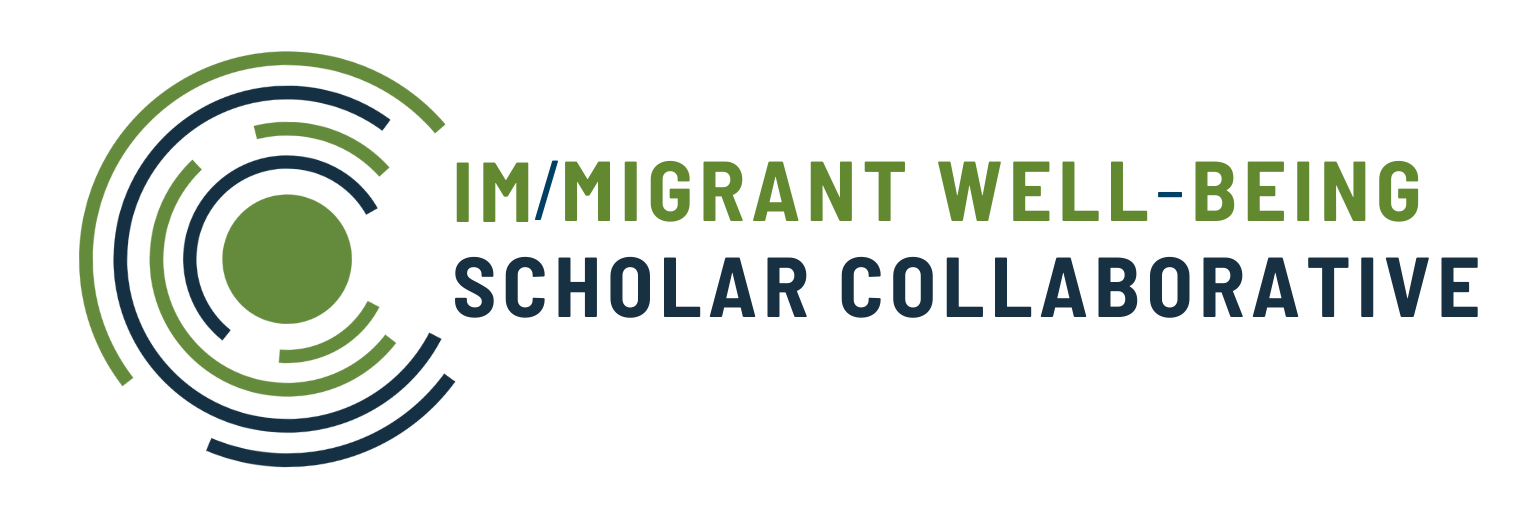A new data brief from the Centers for Disease Control and Prevention (CDC) published this week, found that in 2021, suicide and homicide emerged as the second and third leading causes of death for young people between the ages of 10 and 24, respectively. The data paints a sobering picture of youth mental health in the United States: it’s an image of emotional distress that immigrant and undocumented youth know all too well for far too long.
These grim statistics illustrate the severity of the mental health crisis among America’s youth – a crisis that has been particularly acute for our country’s immigrant and undocumented youth well before the Covid-19 pandemic – worsened by the consequences of Congressional inaction.
As a sociologist who studies the emotional and mental well-being of immigrant youth and director of The George Washington University Cisneros Hispanic Leadership Institute, I have come face to face with this crisis in my research. Earlier this year, I published an article alongside the Im/migrant Well-Being Research Center at the University of South Florida that investigated how undocumented young adult immigrants navigated Trump-era immigrant policy changes using the case of those who benefitted from the 2012 Obama-admin Deferred Action for Childhood Arrivals (DACA) program.
Our team of researchers conducted interviews with over 50 undocumented young adult immigrants in the Tampa, Florida area. The stories they shared with us were distressing. 9 out of 51 interviewed had attempted suicide, and almost half had engaged in self-harm.
While the average age of a DACA recipient is now 29, the experiences of their youth have had mental and emotional impacts well into adulthood. Many of these people are now parents of US citizen children themselves as 36 percent of the 580,000 Dreamers in the US are parents, with an estimated 1,070,000 US citizens living with DACA recipients according to data analyzed by FWD.us.
Immigrant and undocumented youth are a population whose plight often goes unnoticed, whose struggles are often unspoken. These are young people who navigate not only the difficulties of adolescence but also the uncertainty of their legal status and the fact that at any moment, they or their loved ones could be separated from their family.
These are people like, 23-year-old Osmael who shared on the day of the DACA rescission in 2017 announced by then-Attorney General Jeff Sessions, “I cried. I prayed, actually, and I’m not one to pray a lot. . . It was kind of like, ‘This is just where my story ends. . . this is where my goals and dreams just crumble.’” Osmael aspires to be a good son and father himself – providing emotional support to his loved ones even as he struggles with his emotional challenges.
Our research makes clear that the mental health and well-being of Dreamers has languished in the face of Congressional inaction, only made worse by the harsh policies and rhetoric of the Trump administration.
If there’s one finding from our research that gives me hope, it is that while the threat of losing DACA eroded feelings of belonging, it also increased civic participation in the form of pro-immigrant activism. Though sadly propelled by trauma, this form of resilience should inspire people in the United States to embrace youth well-being and protect it at all costs for all youth no matter their legal status.
The United States government is on alert.
This month, the Senator Bernie Sanders-led Senate Health, Education, Labor and Pensions Committee held a hearing on the mental health crisis facing “American Youth.” Young people eagerly lined up to attend and packed the hearing room. While the hearing rightfully mentioned other groups subject to vulnerabilities like those in the LGBT community, there was no substantive discussion of the nuanced issues faced by the millions of immigrant and undocumented youth in the United States. While the Senate’s investigation into this issue is applaudable, the hearing should be followed up with funding for accessible, culturally competent mental health services.
The high death toll of the pandemic was in part a result of the United States’ woeful lack of preparedness. The CDC data makes clear that the US should do more to safeguard the well-being of our youth, our next major, urgent public health crisis.
The loss of even one child is devastating and the ultimate tragedy.
We cannot afford to be as unprepared as we were for Covid when it comes to preventing the loss of life of our future generations, particularly our immigrant youth who will continue to make up a growing part of our population. The US government should do more to protect our vulnerable populations – these are deaths that Congressional action can prevent against and that Congressional inaction should never be at the root of.
Dr. Elizabeth Vaquera is the Executive Director of the Cisneros Hispanic Leadership Institute and holds the position of Professor of Sociology at The George Washington University.

